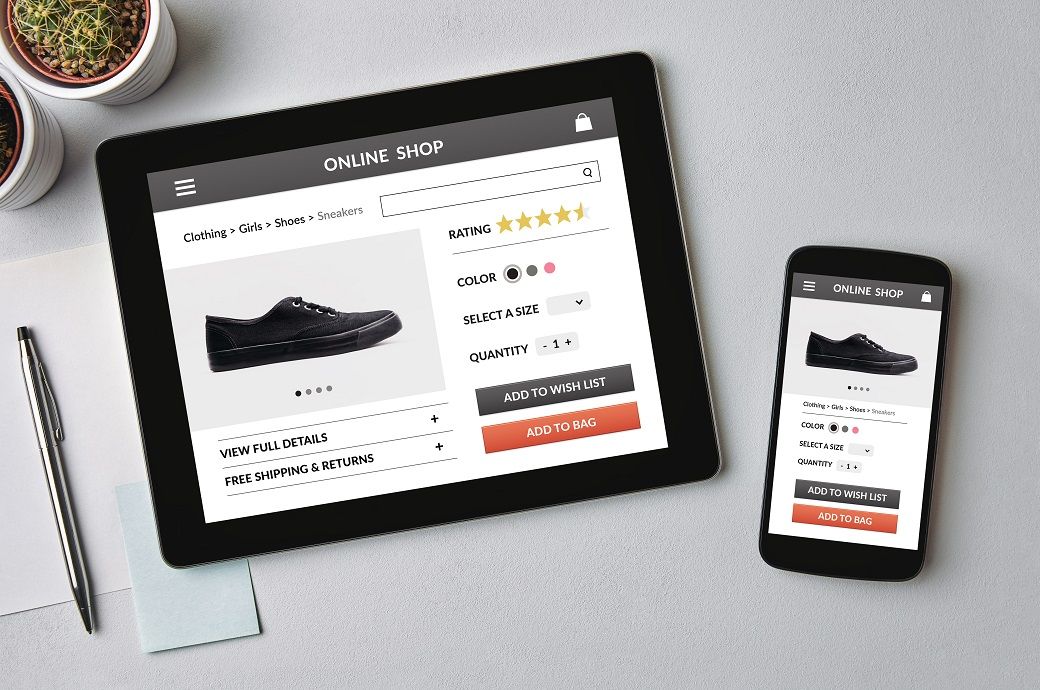
In 2021, the EU re-commerce market was valued at €75 billion. Low price and sustainability appear to be two primary driving factors based on feedback from global companies in the flourishing re-commerce sector, according to a study carried out by Cross-Border Commerce (CBCommerce) with support from Checkout.com, FedEx Express, Lengow, nShift and Payoneer.
Ninety-three per cent of consumers surveyed said that inflation impacts their decision to buy and sell pre-owned goods with an increasing emphasis on making and saving money, thus accelerating the growth of re-commerce.
The relatively new term ‘re-commerce’ broke in the preserving retail business where unrecycled goods and landfilled waste wreak havoc on the environment. Taking the concept of the monetary value in pre-owned or second-hand goods, re-commerce marketplaces are sequestering unproductive business models and inventing the circular economy whereby unused or second-hand products are sold back, refurbished, or recycled
Related ‘ecological re-commerce’ focuses on collecting used items for the sole purpose of repairing or recycling and reselling the reconditioned products.
ALCHEMPro News Desk (NB)
Receive daily prices and market insights straight to your inbox. Subscribe to AlchemPro Weekly!